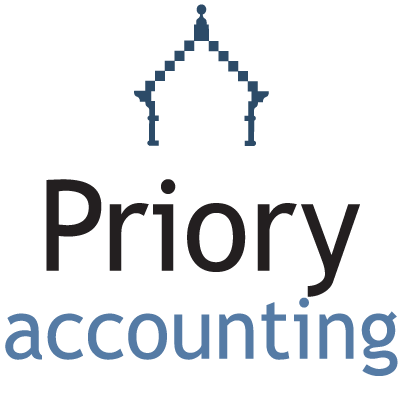Employing Children, Save Tax and keep them busy this summer
I’m bored - the eternal summer cry from the kids
Here’s the answer - employ them and save on tax at the same time!
Paying salaries to your children is a good way to reduce your taxable profits but how should you do it legally?
With some limited exceptions for specific jobs (e.g. acting or modelling), it is generally illegal to employ children under 13. Children under school leaving age may do ‘light work’ (e.g. office work) provided that it does not interfere with their education or affect their health and safety. Certain types of work (e.g. factory work) are prohibited and employers should contact their local council’s education department to find out if a child employment permit is needed.
Subject to these points, children still attending school can work up to two hours most days. On Saturdays and weekdays during school holidays this is increased to eight hours (five hours if under 15). Working hours must fall between 7 am and 7 pm and are subject to an overall limit of 12 hours per week during term time or 35 hours during school holidays (25 hours if under 15). The child must also have at least two weeks of uninterrupted holiday each calendar year.
16 and 17 year olds over compulsory school age can generally work up to 40 hours per week and can do most types of work, although some additional health and safety regulations apply. Young people aged 18 or more are mostly subject to the same employment rules as anyone else, including the working time directive.
So, you can generally employ any of your children aged 13 or more and pay them a salary which is deductible from your own business income.
How Much Can You Pay?
A salary paid to a child must be commensurate with the amount of work they actually do in your business. If you employed your 15-year old daughter to answer your office phone one hour each evening, you could not justify paying her a salary of £30,000, but a salary of, say, £1,500 should be acceptable.
The national minimum wage applies to any employee aged 16 or more, with reduced rates for those aged under 21 or undergoing training.
Subject to this, however, there is no fixed rate of pay which applies to children. The rate paid must, however, be commercially justified – in other words, no more than you would pay to a non-family member with the same level of experience and ability in the job. For a child with no experience carrying out unskilled work, the national minimum wage for 16 to 17 year olds (currently £3.68 per hour) represents a good guide. Where the child has some experience, or the role requires some skill, a higher rate will often be justified.
Assuming that a rate of £5 per hour can be justified, the maximum salaries which a child could earn would be approximately as follows:
13/14 year olds: £3,780
15+ but still school age: £4,380
Over school age but under 18: £10,400
For those aged 16 or more, do be careful though of the NI thresholds and check with your accountant first.
However, it might be something to consider other than just handing over pocket money. And you may also be teaching them some great life skills and something to put on their CV when it comes to seeking their own employment.




